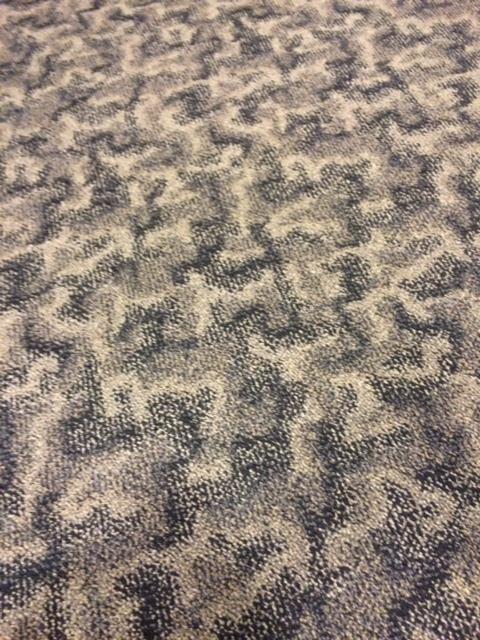
WAS REQUIRED TO WEAR A COMPANY T-SHIRT AND SAY HE WAS AN EMPLOYEE
After she tripped over some carpeting that was being installed in her office, P.F. sued Boro Rug & Carpet Warehouse Corp (and others) seeking damages for her personal injuries. After the Suffolk County Supreme Court denied Boro’s request for pre-trial relief (made via a motion for summary judgment), an appeal with the Appellate Division, Second Department, followed.
While the AD2 acknowledged that Boro claimed to have hired a man by the name of Fredy Cruz to perform the work, and that the company would usually not be liable for the actions (or negligence) of an independent contractor, the appellate court was of the view that there was a question, in this instance, as to whether Boro’s relationship with Cruz met an objective “independence” test espoused by law.
As the AD2 noted:
“`The general rule is that an employer who hires an independent contractor is not liable for the independent contractor's negligent acts’…. `The determination of whether an employer-employee relationship exists turns on whether the alleged employer exercises control over the results produced, or the means used to achieve the results. Control over the means is the more important consideration’ …. `Factors relevant to assessing control include whether the worker (1) worked at his own convenience, (2) was free to engage in other employment, (3) received fringe benefits, (4) was on the employer's payroll and (5) was on a fixed schedule’ …. `[I]ncidental control over the results produced without further indicia of control over the means employed to achieve the results will not constitute substantial evidence of an employer-employee relationship’ …. `Whether an actor is an independent contractor or an employee for the purposes of tort liability is usually a factual issue for the jury. However, where there is no conflict in the evidence, the question may properly be determined as a matter of law.’”
While many of those elements were satisfied here, the AD2 still thought there was considerable ambiguity as to the precise nature of the parties’ relationship, as Cruz and his crew were purportedly required to don “maroon-colored T-shirts with `Boro Rug & Carpet’ logos on the front and back, which he and his workers were required to wear at all times during the carpet installation. During the entirety of the job, Boro Rug required Cruz to say that he was its employee, if asked. Cruz testified: `I wasn't allowed to say that I was self-employed … If I said that, I [would] get fired.’ Further, Cruz picked up the carpet and glue used in the installation from the Boro Rug warehouse, and Boro Rug provided Cruz with a copy of the layout for the job."
Given those additional considerations, the AD2 was of the view that denial of the company's pre-trial application to be released from the case was appropriate given that there was a "triable issue of fact" as to whether or not Cruz was a Boro Rug employee.
Looks like things are about to get a lot more rugged.
# # #
DECISION
